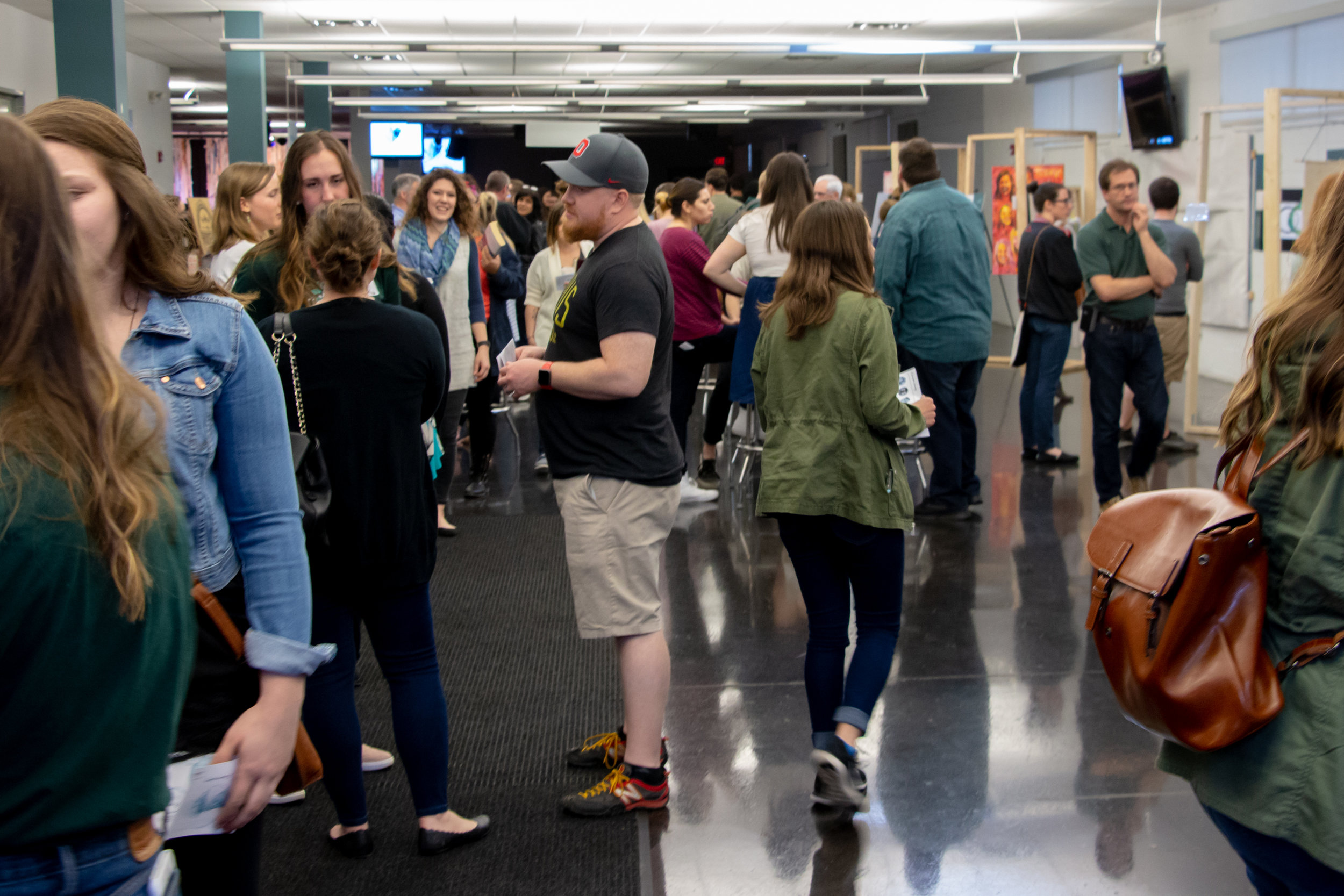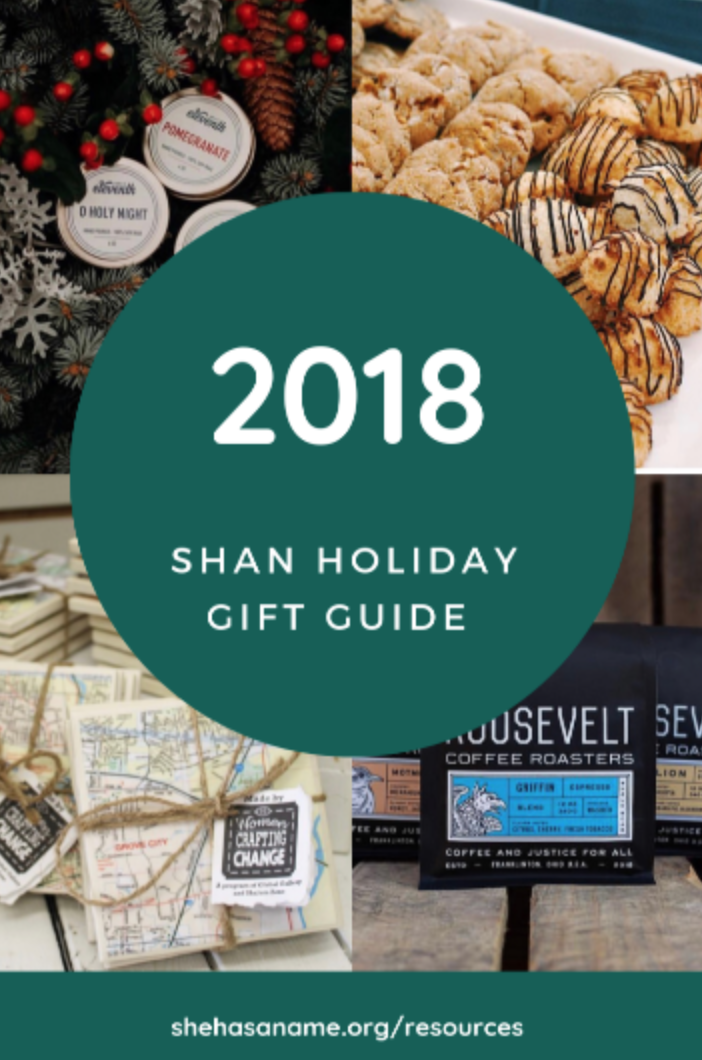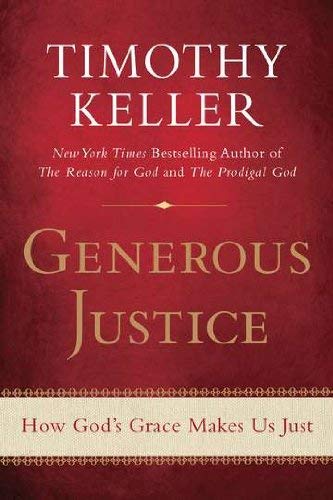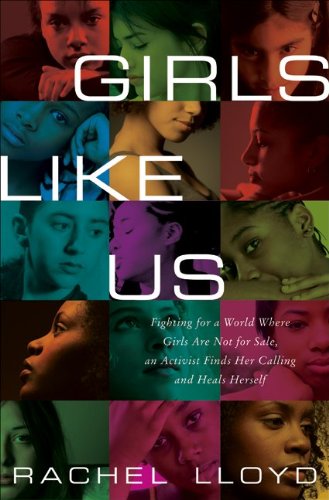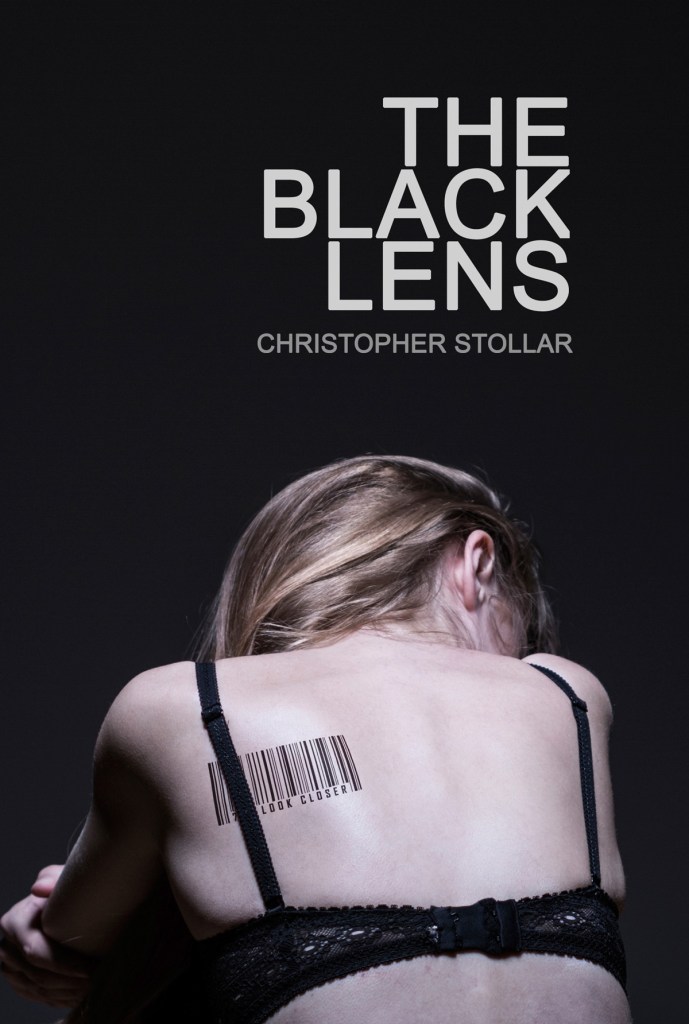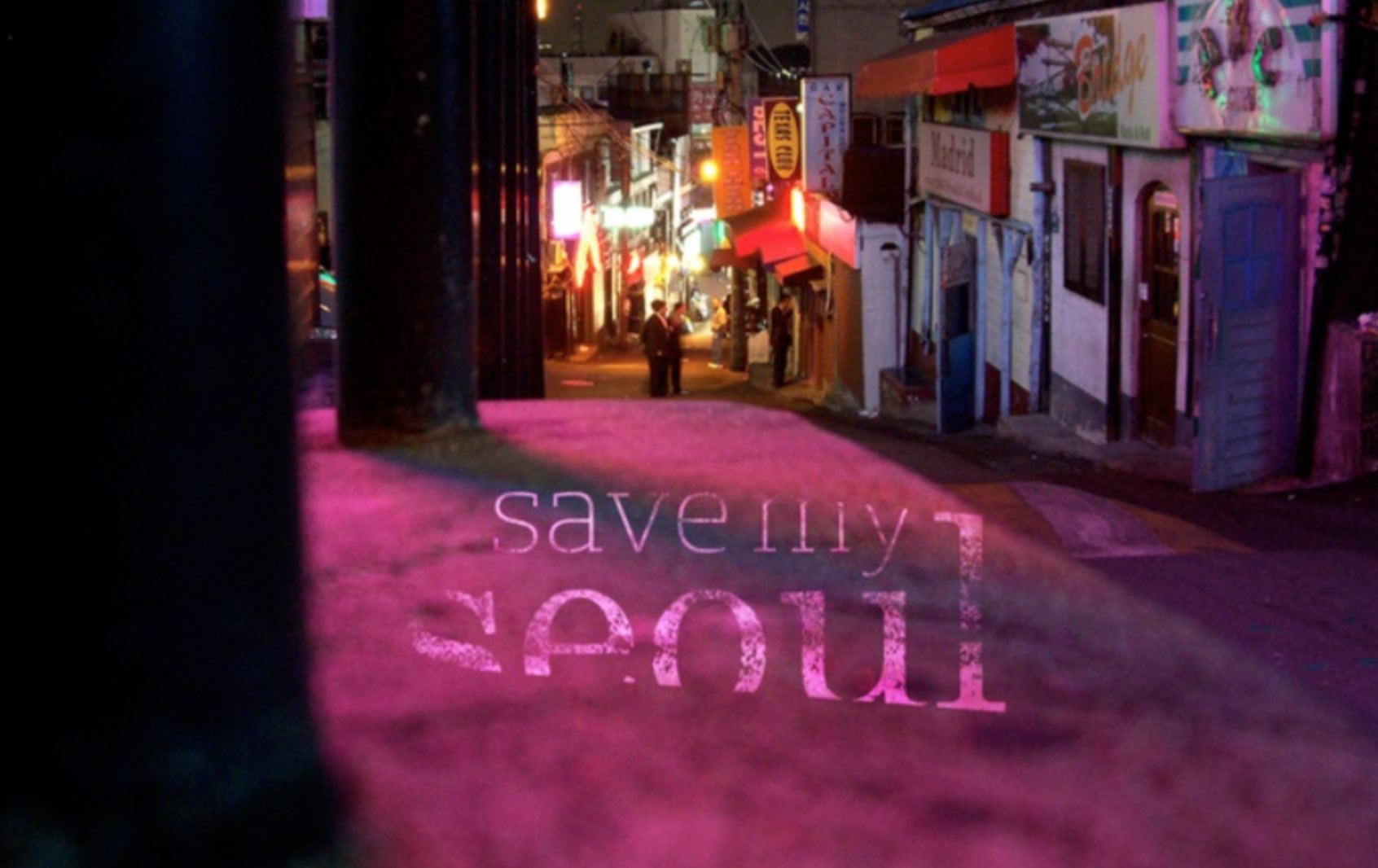Up until earlier this year, I thought I had been doing pretty well in terms of living justly. I had been actively praying against sex trafficking, encouraging the survivors that I’d met, etc. I had not been pimping out women, encouraging porn viewership, or commending the perversion of sex! So, don’t look at me, right?! Except I WAS buying clothes and throwing them away as quickly as you could turn around. My decisions fuel a form of trafficking, colloquially referred to as fast fashion, that enslaves millions of people around the world, and I was blind to that. I was blind to the fact that my lifestyle was costing garment workers their livelihood.
What exactly are garment production workers robbed of by working in this industry?
First and foremost, safety. Large factories in East/South/Southeast Asia (where much, if not most, Western countries outsource their production to) often only have one guarded (yes, an armed guard) entrance for an extremely crowded workspace and barred windows. If there was ever a fire, how would the hundreds or even thousands of workers get out? Since 1990, more than 400 workers have died and several thousand more have been wounded in 50 major factory fires in Bangladesh alone¹. Secondly, basic physical and emotional needs are being ignored and even violated. Workers are given nearly impossible production quotas; some have to complete up to 100 pieces an hour or they are given the ultimatum of losing their jobs or being abused physically/sexually/emotionally. Not to mention that bathroom breaks are monitored. Many can only get two bathroom breaks in a 16-18 hour work day seven days a week.
There are oppressive components, really, in each step of the fashion supply chain. In the farming of cotton we see impossible demands placed on growers that forces them to turn to hazardous, health-damaging chemicals to keep up. In garment production, workers may only take home approximately $30 US dollars each month for 16 hour days, seven days a week¹. As I continue to learn about the industry, it becomes clear that it has to be reinvented from the ground up. And it’s obvious that I can’t do it all and neither can you.
So what do we do?
If you’re the next Olivia Palermo, or wearing a t-shirt with stains that pre-date the internet, we commit to and affect change through conscious consumerism.




